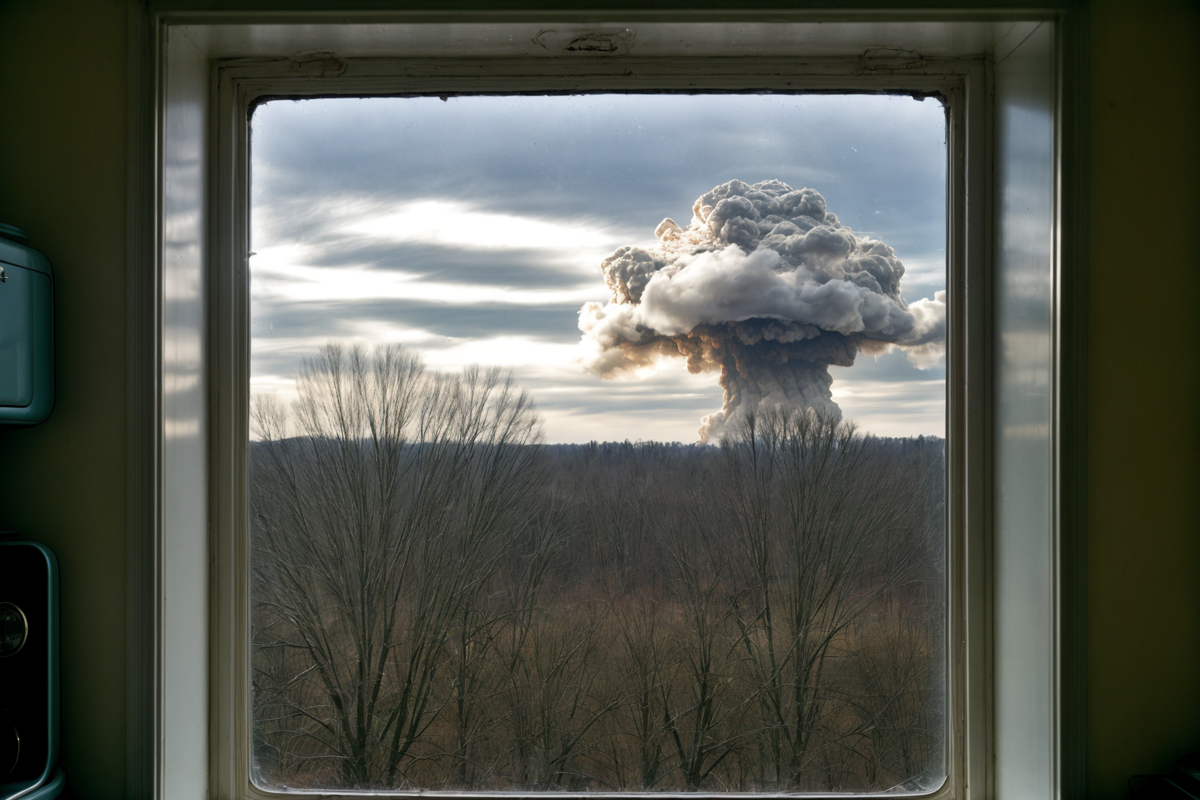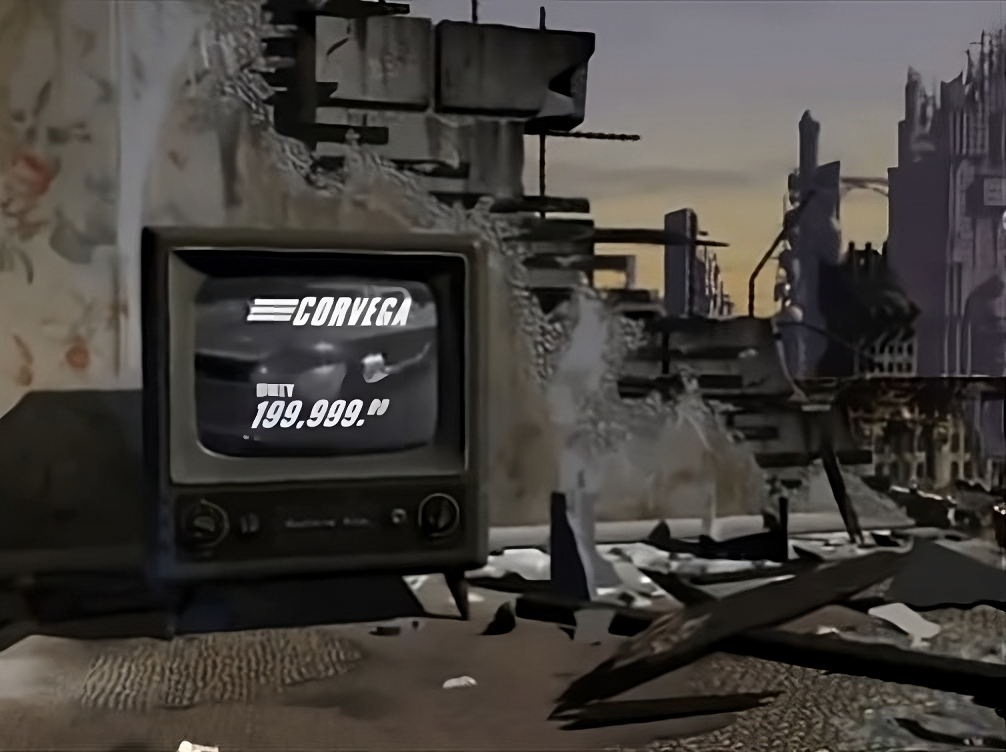After the Flash: Unraveling the Horrific Implications of a Nuclear World War

The notion of a total nuclear world war remains one of the most haunting and nightmarish scenarios imaginable. While the Cold War era may have ended without a global conflict of this magnitude, the consequences of such an event are so dire that they demand serious consideration. In the spirit of the upcoming Fallout series next April, this article explores the far-reaching real-world implications and potential outcomes of a nuclear world war, contemplating the devastating impact on humanity, the environment, and the geopolitical landscape.
A global nuclear conflict would result in an unprecedented humanitarian crisis. Cities would be reduced to rubble, millions of lives would be lost, and survivors would be left grappling with immediate threats such as radiation exposure, injuries, and the scarcity of essential resources. The scale of devastation portrayed in dystopian fiction like the Fallout series may not be far off from the grim reality, as emergency services struggle to cope with the overwhelming demand for aid.
The environmental consequences of a total nuclear war would be profound. The detonation of nuclear weapons releases vast amounts of radioactive particles into the atmosphere, leading to nuclear fallout. The resulting long-term effects could include nuclear winter, a scenario in which the sun is blocked by debris, causing a drop in temperatures and disrupting ecosystems. This would have severe implications for agriculture, exacerbating the already critical food shortages caused by the destruction of arable land.
In the aftermath of a global nuclear conflict, geopolitical landscapes would be reshaped dramatically. Nation-states may disintegrate, giving rise to power vacuums that could be filled by emerging factions or opportunistic entities. The struggle for resources, habitable land, and technological remnants would likely lead to regional conflicts, further complicating the prospects for international cooperation and stability.
A total nuclear war would not only obliterate physical infrastructure but also erase vast amounts of accumulated human knowledge. Research institutions, educational facilities, and technological hubs would be decimated, setting humanity back in terms of scientific and technological progress. The survivors would face the daunting challenge of rebuilding society with limited resources and diminished knowledge, leading to a potential era of technological regression.
The immediate and long-term health consequences of nuclear war would be staggering. Radiation sickness, cancer, and genetic mutations could plague survivors for generations. Access to medical care and clean water would be scarce, amplifying the humanitarian crisis. The struggle to avoid irradiated areas and provide adequate healthcare would be central to the post-apocalyptic narrative, mirroring the struggles depicted in popular media like the Fallout series.
In short, ghoulification and super mutants would be the least of our problems.

